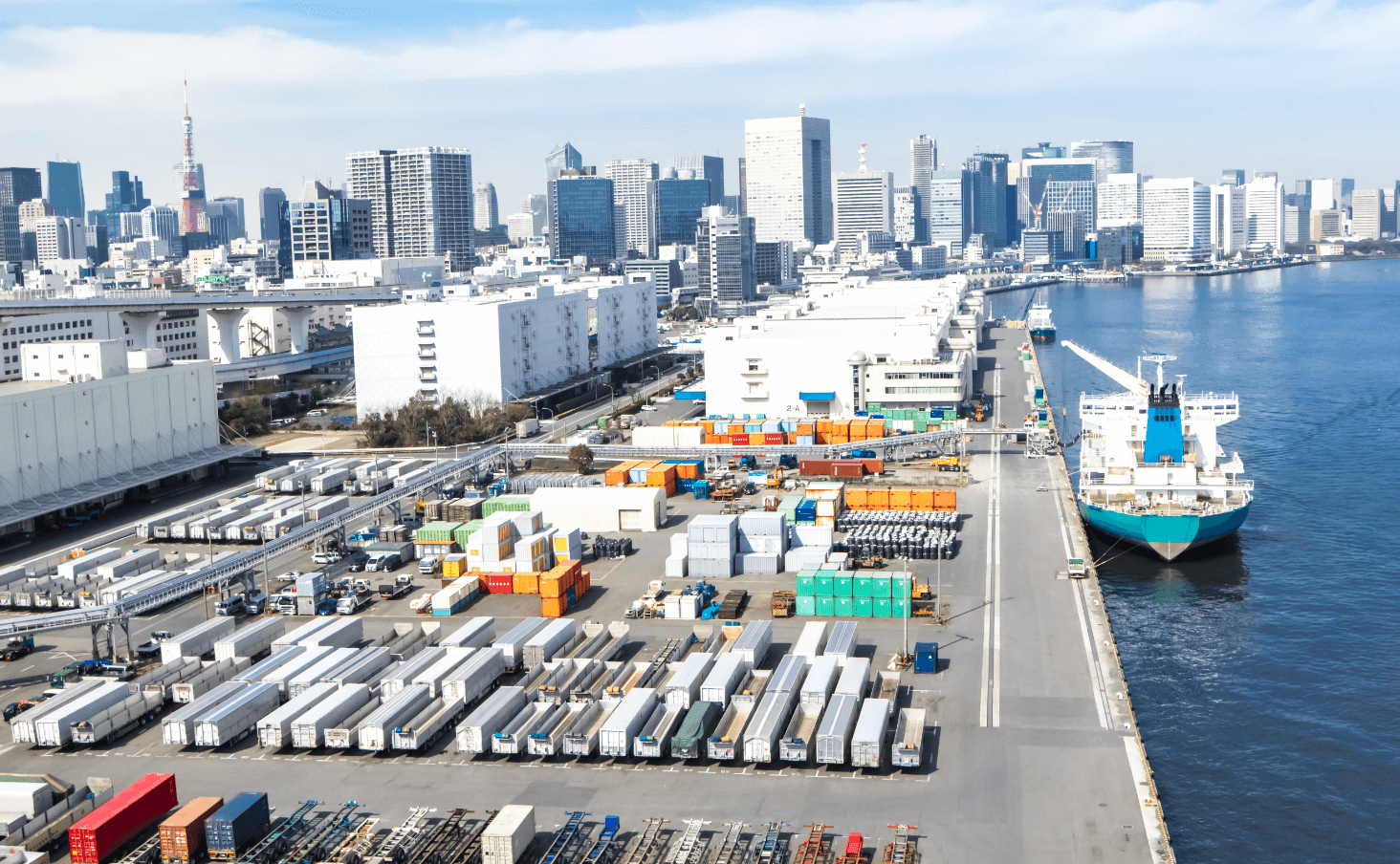CIDA
Cargo Insurance Data Association

CIDA
Cargo Insurance
Data Association
About us
Cargo Insurance Data Association (CIDA) is a nonprofit and independent organization established by global marine insurers. Our purpose is to facilitate digitalization on trade from the insurance sector.

Our mission
In order to facilitate the seamless digital trade transactions, interoperability is the key. Interoperability will be achieved by standardization of data formats. Our mission is to create neutral and simple data standards with the harmonization of marine cargo insurers.

Why standards for insurance?
Why standards for insurance?

Cargo insurance certificate/policy is an essential document for international trading. Trading is transforming into paperless and digital nowadays. This means Cargo Insurance certificates/policies are transforming into digital format so it could be transferred digitally, along with data such as digital bill of ladings.
While such digitalization is becoming active on a worldwide basis, there is a subject that needs improvement. This is the “standardization” of data. The digitalized data will be exchanged among the parties involved in the trade, for instance, the cargo insurance certificate/policy data will be transferred such as :
Insurer/Broker -> Shipper -> Purchasing bank -> Issuing bank of L/C -> Consignee -> Claims agent
If each insurer has different datasets (such as data format, data field definition and definition of terms, etc.), this will not help the users since it will prevent importing data into their internal systems. In other words, there is no interoperability nor compatibility. If the consignee, banks and claims agents seek to import the insurance data into their internal system automatically (which is the beauty of digitalization), the data format needs to be unified regardless of who the insurer is. Otherwise, the users will need to set up a different API for each of the insurers, or manually type.
From PDF to structured data
PDF format is often used to send trade documents on an email basis. This is a huge improvement compared to paper, however still not a real digital data. From a perspective of digital platform based transactions, PDF is same as paper since the data cannot be automatically imported into other systems. This is the reason why the data needs to be a “structured data” with a certain rules, which means “standards”. Today, artificial intelligence can read paper documents but still has room to improve in order to reach the expected level at international trade.
Understanding the surrounding areas
Taking a look at our surrounding areas such as the shipping industry, there has been an initiative going on for standardization on digital bill of lading in order to be practical among cargo owners, banks, insurers and customhouse on a worldwide basis. All the major container liners have come together and formed the DCSA and they are pursuing such initiative. Considering the fact that documents of transportation and insurance are assigned and transferred together, it would be fair to expect the insurance industry will need to work on the same subject sooner or later.
There is also a following wind from a legal perspective. In 2021 Singapore has legislated a law to recognize electronic bill of lading. UK is working on a legislation for electronic trade documents which includes cargo insurance data within its scope. At the G7 summit held in June 2021, the 7 countries agreed and endorsed the “Framework for G7 Collaboration on Electronic Transferable Records”. It is time to take some actions in our industry as well.
Leadership
The Chairman of association
Tom Shinya
Tokio Marine and Nichido Fire Insurance Co., Ltd.

Members
Insurers
Mitsui Sumitomo Insurance Co., Ltd.
Sompo Japan Insurance Inc.
Tokio Marine and Nichido Fire Insurance Co., Ltd.
Others
TradeWaltz

Standards
The cargo insurance data standard of CIDA is an open source. It is neutral, simple enough for any insurer to use.
Please contact us for details.
For updated version, please contact us.
Join us / Contact us
Join us by contacting below
Please contact us at